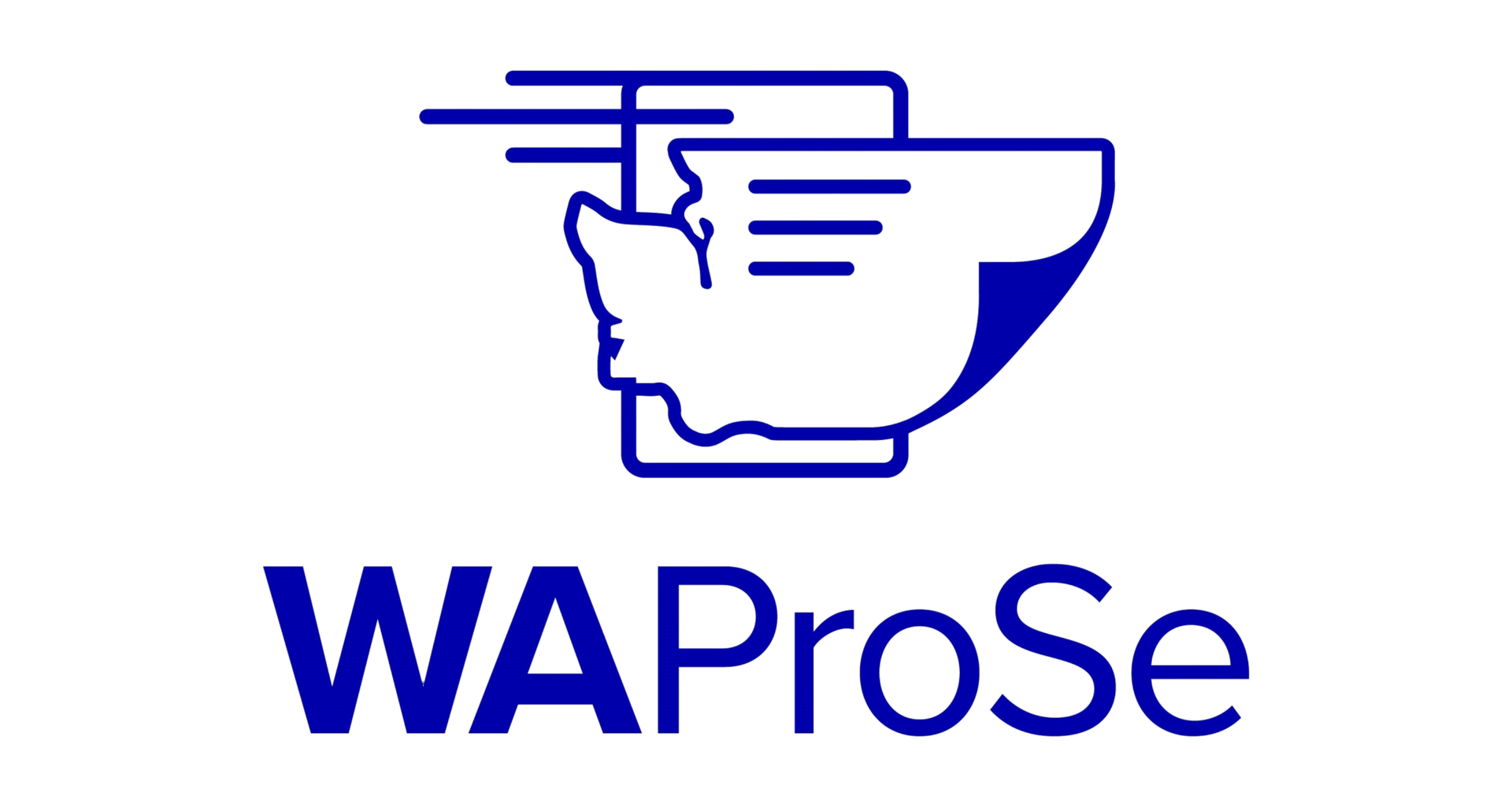Pivotal Moments in Legal History for Process Serving
Historical Cases Involving Service of Process

Historical Cases & Process Servers: Pivotal Moments in Legal History
In the intricate web of the legal system, the role of a process server is crucial. They ensure that individuals are properly notified of legal actions against them, which is a fundamental aspect of due process. This blog post will explore historical cases of process serving that not only highlight the importance of this profession but also reflect significant moments in legal history. We’ll delve into specific examples, showcasing the evolution of process serving and the various documents that process servers handle.
Table of Contents:
- What does it mean to serve process?
- Historical Case Studies in Process Serving
- The Evolution of Process Serving
- Key Documents Served by Process Servers
- Conclusion
What does it mean to serve process?
Process serving involves delivering legal documents to individuals involved in court cases. These documents can include summonses, complaints, subpoenas, and writs. The goal is to inform individuals of their legal obligations and to ensure they have the opportunity to respond.
Historical Case Studies in Process Serving
1. The Case of Gibbons v. Ogden (1824)
One of the landmark cases in U.S. legal history, *Gibbons v. Ogden*, set the stage for federal regulation of interstate commerce. The process server in this case played a critical role in notifying the parties involved. The Supreme Court's decision hinged on the proper delivery of legal documents that outlined the state of New York’s exclusive rights to operate ferry boats. This case underscored the necessity of effective process serving in ensuring that all parties had a fair opportunity to present their arguments.
2. The Rosenberg Case (1951)
In a Cold War-era espionage trial, Julius and Ethel Rosenberg were accused of conspiring to commit espionage. The process server was tasked with delivering subpoenas to key witnesses. The efficacy of process serving was pivotal; witnesses needed to respond to legal inquiries for the case to proceed. The Rosenberg trial not only captured national attention but also highlighted how timely and accurate process serving can impact the course of justice.
3. The Dred Scott v. Sandford Case (1857)
The infamous *Dred Scott v. Sandford* case addressed the legal status of enslaved individuals and the rights granted by citizenship. The process serving involved delivering documents to multiple parties, including judges and legal representatives. The case’s outcome, which denied citizenship to African Americans, sparked national outrage and contributed to the tensions leading up to the Civil War. This illustrates how effective process serving was crucial in the handling of a case that had far-reaching implications.
The Evolution of Process Serving
From handwritten documents served by foot messengers to today’s digital notifications, the methods of process serving have evolved significantly. Historical examples, like those mentioned above, show the crucial role that process servers play in the legal system. Whether delivering **civil summons**, **small claims court documents**, or **family law notices**, their work ensures that the principles of due process are upheld.
Key Documents Served by Process Servers
1. Summons: Official documents notifying a person that a lawsuit has been filed against them.
2. Complaints: Detailed documents outlining the plaintiff's case against the defendant.
3. Subpoenas: Orders requiring an individual to appear in court or produce documents.
4. Writ: Formal orders issued by a court requiring specific action.
Conclusion
The history of process serving is rich with cases that highlight its critical role in upholding justice. From Gibbons v. Ogden to the Rosenberg trial, these instances showcase how proper service of legal documents can influence the trajectory of pivotal legal matters. As the legal landscape continues to evolve, so too does the profession of process serving, adapting to new technologies and methodologies while remaining grounded in the foundational principles of due process.
By understanding the historical significance of process serving, we can better appreciate its role in the modern legal system. Whether you’re a legal professional or someone interested in the intricacies of law, recognizing the importance of process servers is essential to understanding how justice is delivered in our society.
Feel free to share this blog post with anyone interested in the fascinating history of process serving!












